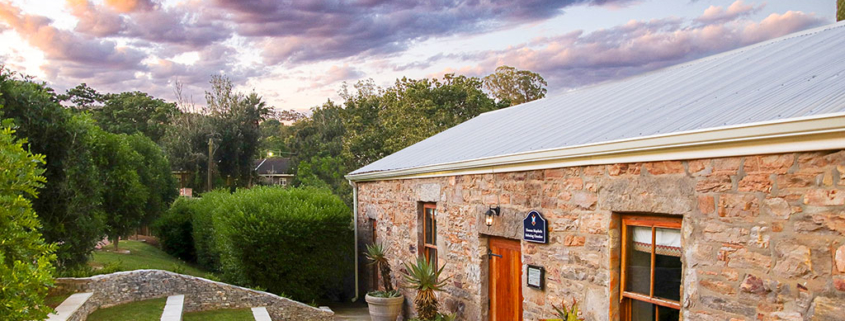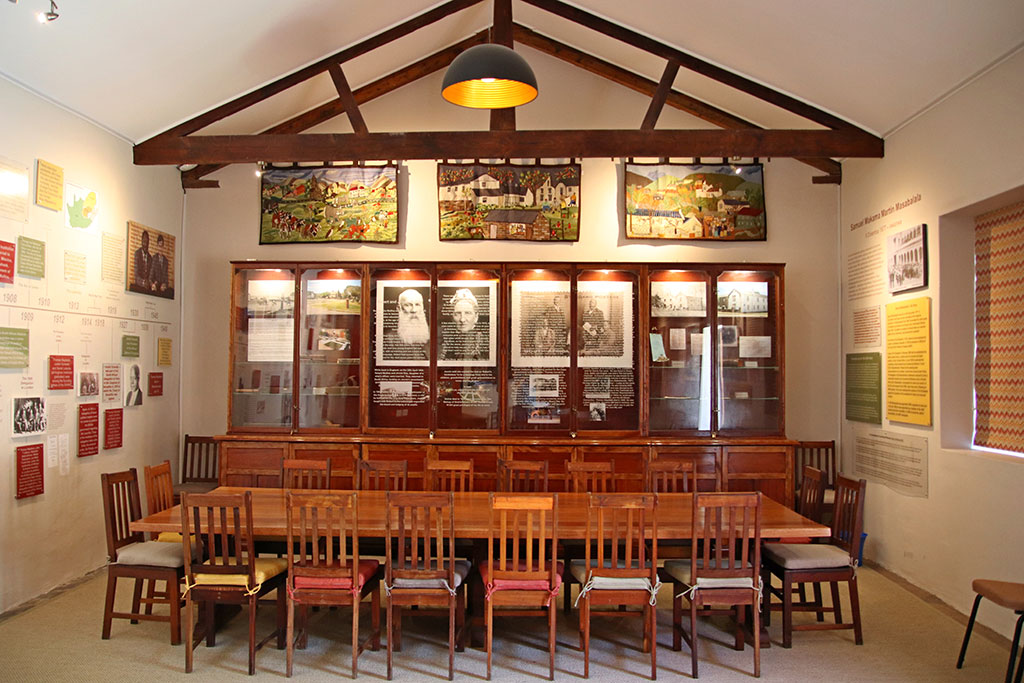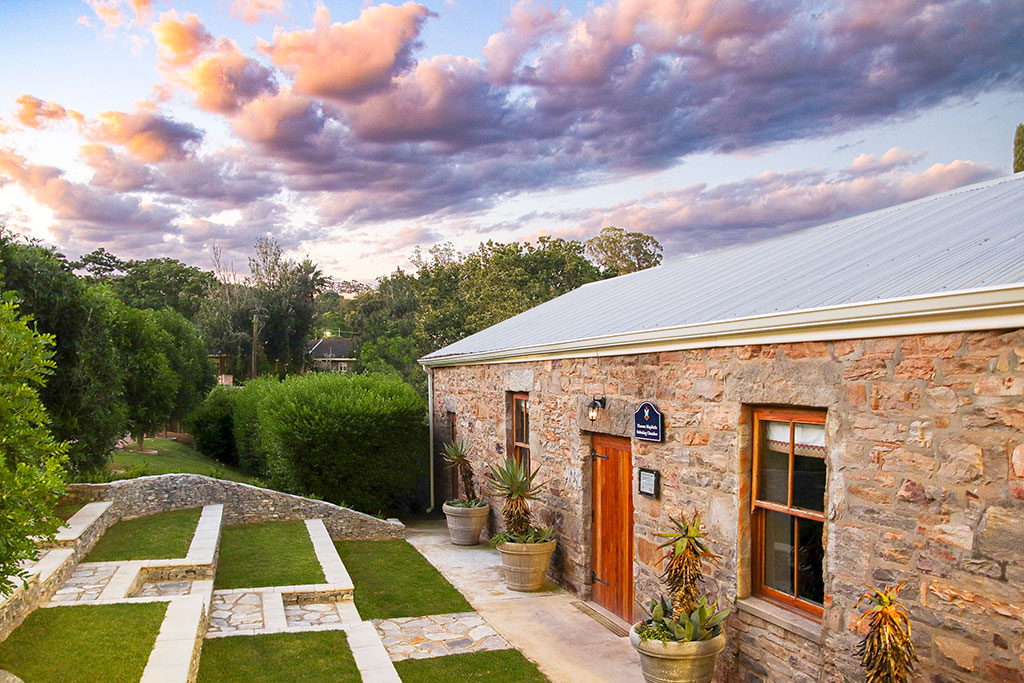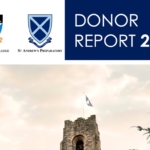Safika helps to preserve the past and educate for the future
Safika Holdings has restored a historic building at St Andrew’s College in South Africa’s Eastern Cape creating a debating chamber and exhibition center for students at the school. Photographs and memorabilia will be exhibited there. Safika has also provided generous sponsorship for an educational programme
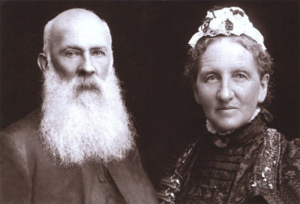
Canon and Mrs. Robert Mullins
St. Andrew’s College was founded in 1855 at a time when black and white communities first encountered each other in the Eastern Cape, often in violent circumstances. Church leaders played a moderating role, especially by establishing schools throughout the Eastern Cape, many of which were formative in the development of future leaders of our country.
Most of these schools were racially segregated. The Anglican Institution, which was founded as a branch of St Andrew’s College in 1860, was a rare exception where young men of faith, black and white, were educated together. At the height of colonial rule, black and white clergymen were prepared for holy orders by Canon John Espin (the Headmaster of St Andrew’s College) and Canon Robert Mullins (the Headmaster of the Anglican Institution). The Anglican Institution then became an autonomous school from 1867 until it closed in 1907 when Canon Mullins retired.
The Anglican Institution trained a large number of clergy, teachers and civil servants, many of whom were leaders and activists in early political movements in South Africa.
Situated in the beautiful grounds behind Graham House is the stone building that was once part of the Anglican Institution.
Safika has a proud history of social responsibility, supporting a wide range of educational and child-orientated initiatives, ranging from financing educational institutions, providing bursaries for high school and tertiary education and thereafter mentoring students in the business world. This latest project is an educational programme which will bring understanding to the College boys of the importance of the Anglican Institution within the educational framework at the time and the role that many of the scholars played in the history of our country.
